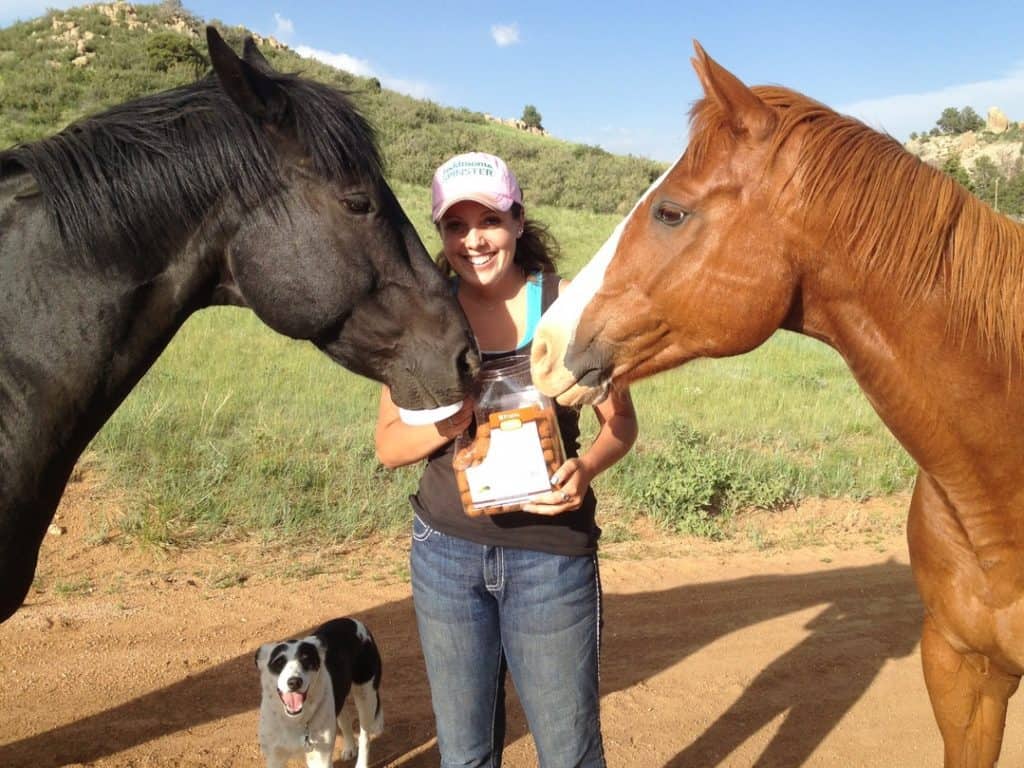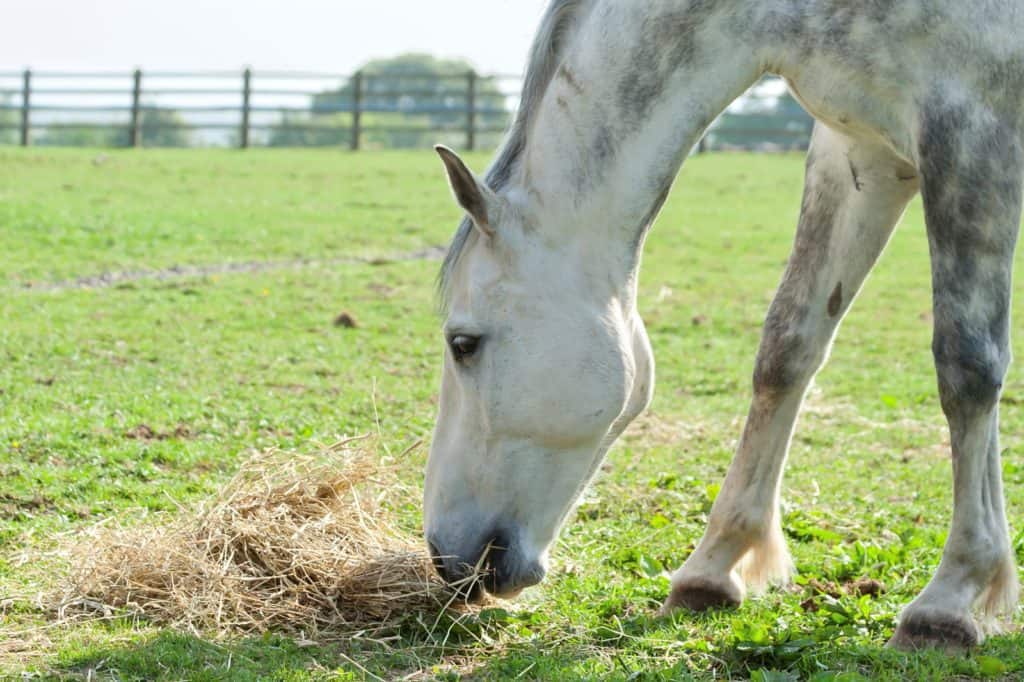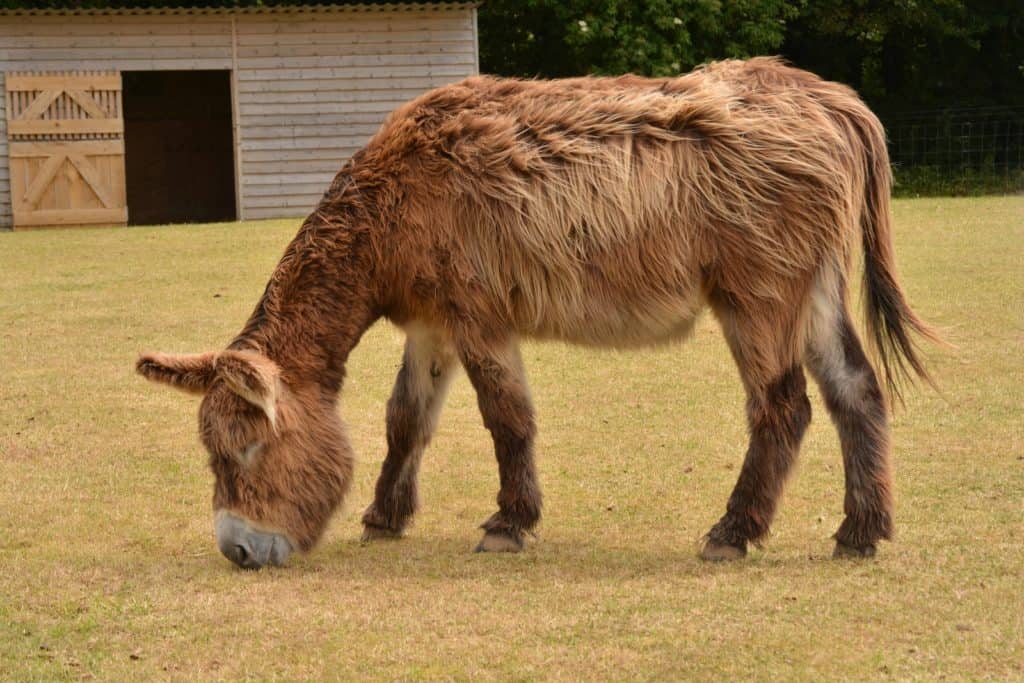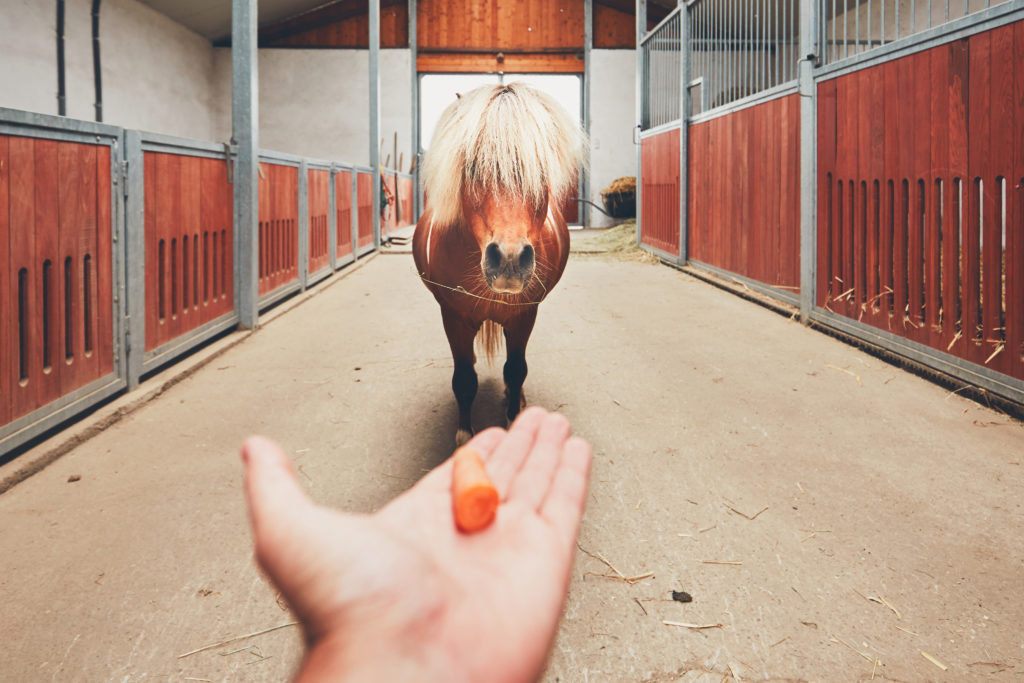
Feeding Racehorses With the Digestive Tract in Mind
Design a feeding program that provides adequate calories without putting the horse at risk for gastrointestinal upset.

Design a feeding program that provides adequate calories without putting the horse at risk for gastrointestinal upset.

Goedde studied whether an omega-3 DHA supplement affected a stallion’s sperm motion characteristics and viability.

Of the 674 respondents, 614 (91%) said their horses’ daily diet includes grain, feed, concentrates, or supplements.

Take a look at some commonly fed supplements and the theories behind their use.

Joint health and mobility supplements were the most frequently used in both disciplines, researchers found.

These micronutrients found in forage, feeds, and supplements help support the athletic horse’s health.

More than 50% of respondents said they feed grain, concentrates, complete feeds, or supplements twice each day.

Donkeys aren’t horses, and nowhere is that more apparent than in their feed needs. Find out what your donkey should eat.

Most respondents said they get information from nutrition articles or by consulting their vet or equine nutritionist.

Fed in moderation, most treats won’t negatively impact a horse’s overall diet.

Latham is researching amino acid supplementation’s effects on whole body and muscle protein synthesis in aged horses.

Take steps to help ensure your horse has everything he needs to stay healthy and happy when the weather changes.

Adding supplementary fibrolytic enzymes to horses’ diets could help maximize digestibility and nutrient utilization.

Work with your veterinarian or equine nutritionist to ensure your horse’s diet is balanced heading into the new year.

Recent study results support the hypothesis that omega-3s could modify a joint’s response to inflammation.

Adding these supplements to stallions’ diets could help counteract the phenomenon of lower sperm quality in the winter.
Stay on top of the most recent Horse Health news with
"*" indicates required fields